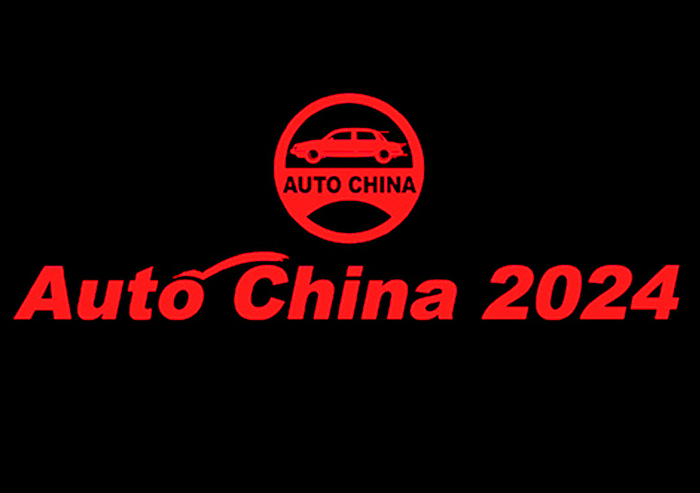Enlarge image
Dark prospects
: car production at the Avtovas plant in Togliatti
Photo: Anar Movsumov / dpa / picture alliance
Of course, there was great concern when
Nicolas Maure
(61) appeared before reporters in the Russian city of Izhevsk this week.
The Frenchman is the head of the country's largest car manufacturer: Avtovaz, controlled by the Renault group.
He had already been promoted to CEO of the Lada manufacturer in 2016, and returned to the post in 2021 after a short break.
He has experienced a number of political crises over the years.
Now he is once again preparing the company for extremely turbulent times: after Russian President Putin ordered the attack on Ukraine on Thursday night, all signs point to war.
How exactly potential US and European sanctions will affect the country's economy is not yet clear.
Trade restrictions for high-tech parts, for example, do not yet apply, but they are definitely planned if the political situation escalates.
In any case, Maure has instructed his people to already look for alternative sources of supply for electronic chips and other parts should the sanctions restrict supplies.
Avtovas operates two factories and makes around 90 percent of its sales of around 2.8 billion euros in Russia, the rest is mainly exported to Moldova, Georgia and other former Soviet countries.
Renault holds 69 percent of the company, the rest is owned by the state high-tech and armaments group Rostec.
About a fifth of the installed parts come from abroad;
in the additional Renault factory in Moscow it is about 40 percent.
Renault's CEO
Luca De Meo
(54) told the "Financial Times" that they were currently examining "part by part" how sanctions could affect.
"If something comes from China, it's different than if it comes from Germany or the USA."
The supply chains could be significantly restricted.
Production is also at risk at the country's other car factories.
Volkswagen operates a factory in Kaluga, south of Moscow.
BMW has just extended the expiring partnership with Avtotor until 2028, the plant is to be expanded there for the equivalent of 350 million euros.
Mercedes-Benz has had its own factory in Esipovo near Moscow since 2019;
Russian President
Vladimir Putin
(69) came to the opening especially to celebrate a direct investment by a foreign car manufacturer after years of recession.
Now it is unclear to everyone how and whether things can continue in the factories.
It is particularly questionable whether the urgently needed chips can be delivered.
Should the USA extend the sanctions to this area, components using American technology should no longer be supplied.
The US government had already successfully applied the principle in a dispute with the Chinese telecommunications group Huawei.
A senior figure in the Russian auto industry expressed concern to Reuters about how delivery times for chips and new pre-orders could be affected.
"We don't understand how the sanctions could affect the industry, but we hope there will be no war - it would complicate the existing situation," the person said.
The Avtovas-Renault Group is and remains the undisputed market leader with a share of 33.8 percent.
As the largest German manufacturer, the Volkswagen Group ranks third with a market share of almost 12 percent.
The Germans sell more Skoda models than VW.
BMW and Mercedes-Benz only have a market share of around 3 percent in Russia.
Porsche sold 6265 cars.
Most recently, the Russian car market was under pressure anyway.
In 2021, new car sales had increased by 4.3 percent.
However, the numbers had collapsed by the end of the year, mainly due to pandemic-related bottlenecks and a lack of chips.
In December alone, the market collapsed by almost 20 percent.
"There are no signs of a quick improvement," said
Thomas Stärtzel
, chairman of the automotive group in the Association of European Business and since 2009 head of Porsche Russia resignedly, in mid-January.
A war would now dramatize the situation.
At all levels and for everyone involved.
lhy











/cloudfront-eu-central-1.images.arcpublishing.com/prisa/KMEYMJKESBAZBE4MRBAM4TGHIQ.jpg)


